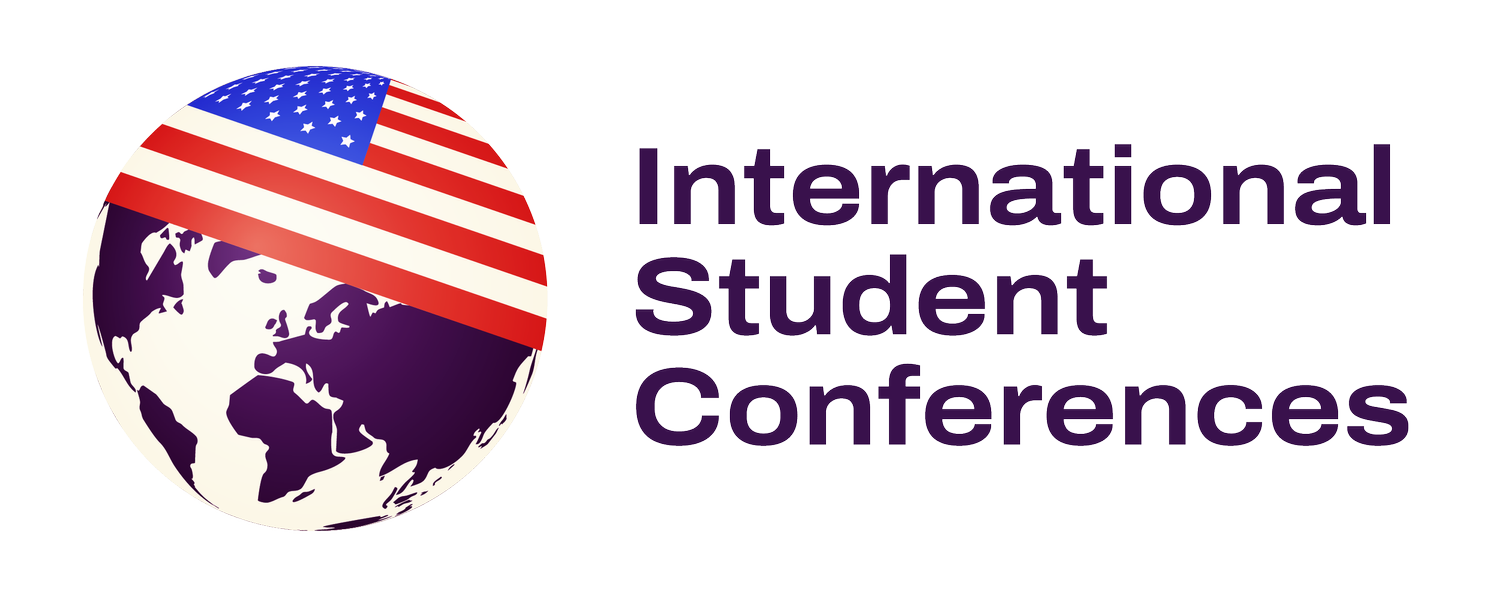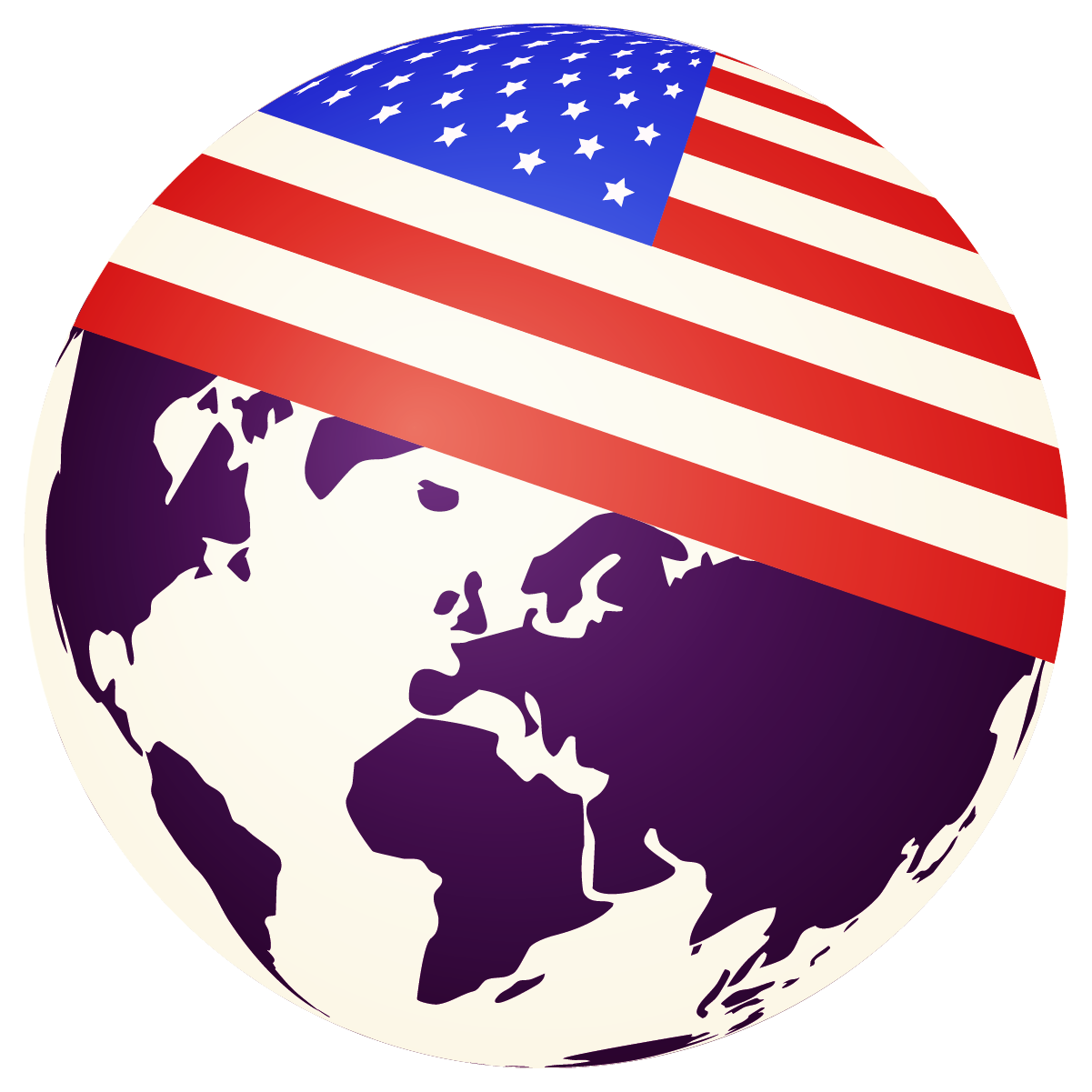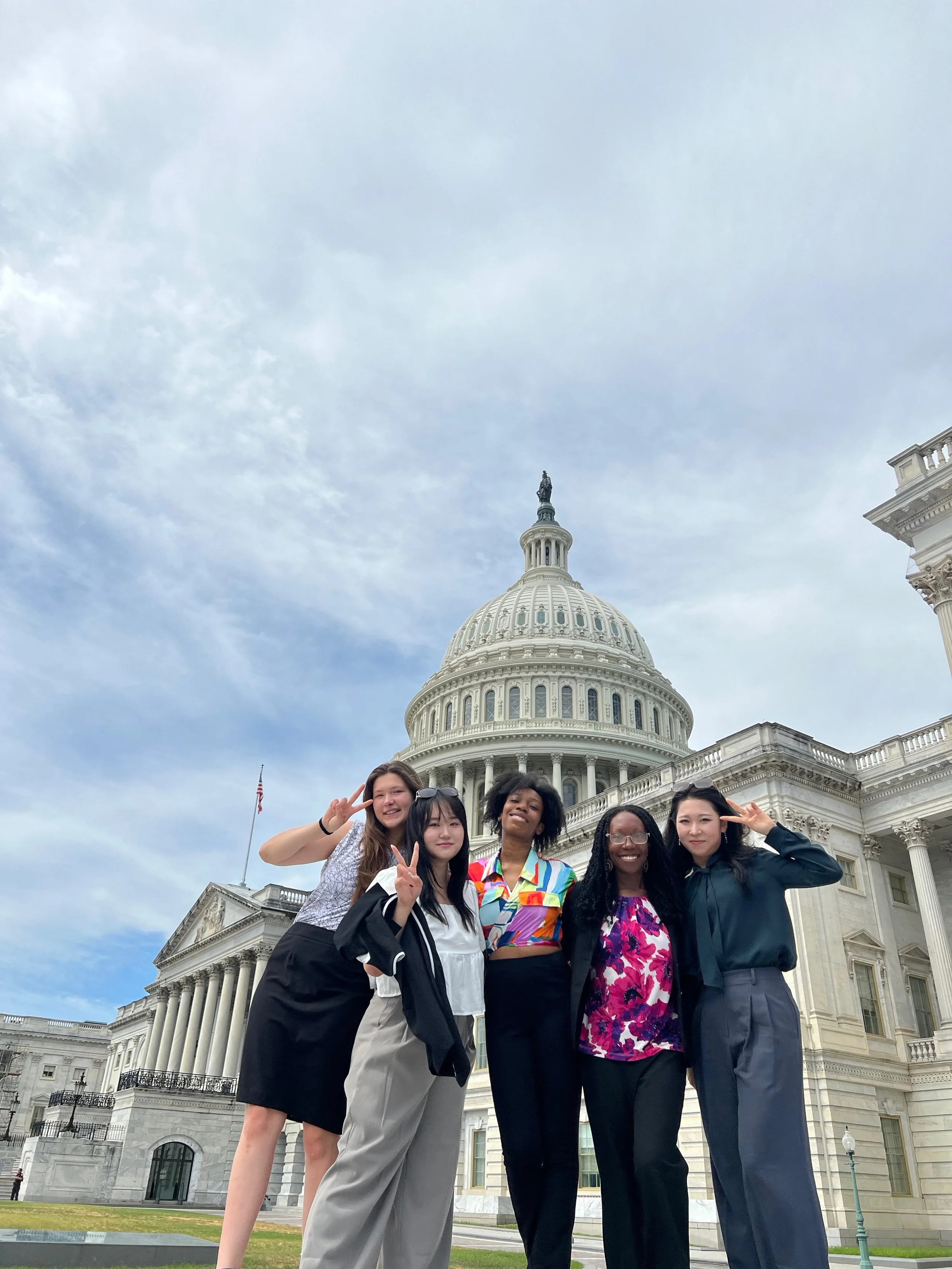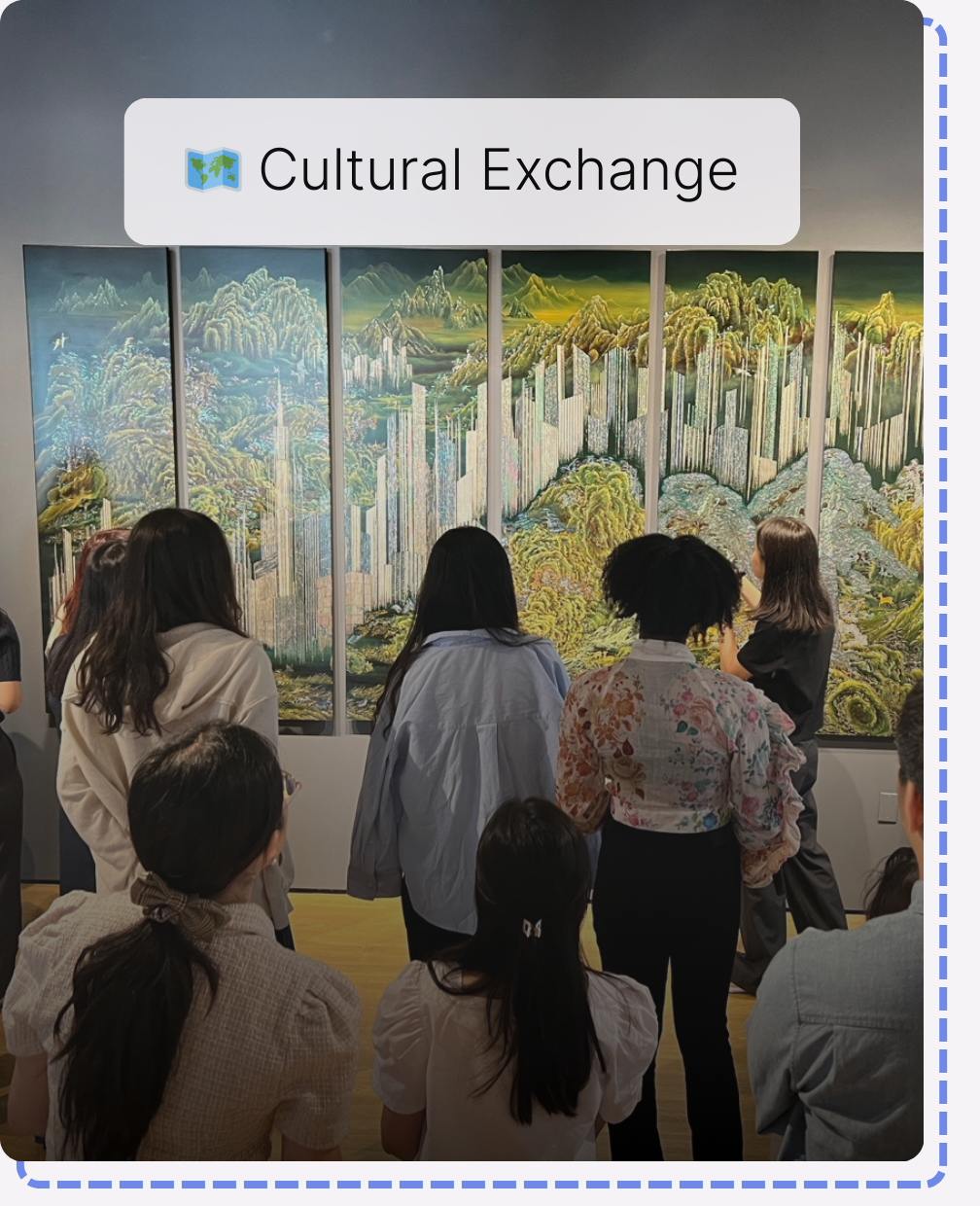United States ↔ South Korea
Korea-America Student Conference
What is the Korea-America Student Conference?
The Korea-America Student Conference (KASC), founded in 2008, is a student-led academic and cultural exchange program that brings together university students from South Korea and the United States. Each year, an equal number of students from both countries are selected to participate.
Delegates spend three weeks traveling, learning, and working together. Through academic discussion, cultural experiences, and leadership training, KASC helps students understand U.S.–Korea relations and develop skills to lead in a global context.
KASC is different from many other programs because it is fully run by students. The conference is planned and led by an elected Executive Committee of students from both countries.
In 2026, KASC 19 will take place in San Francisco; New Orleans, Louisiana; and Washington, D.C.
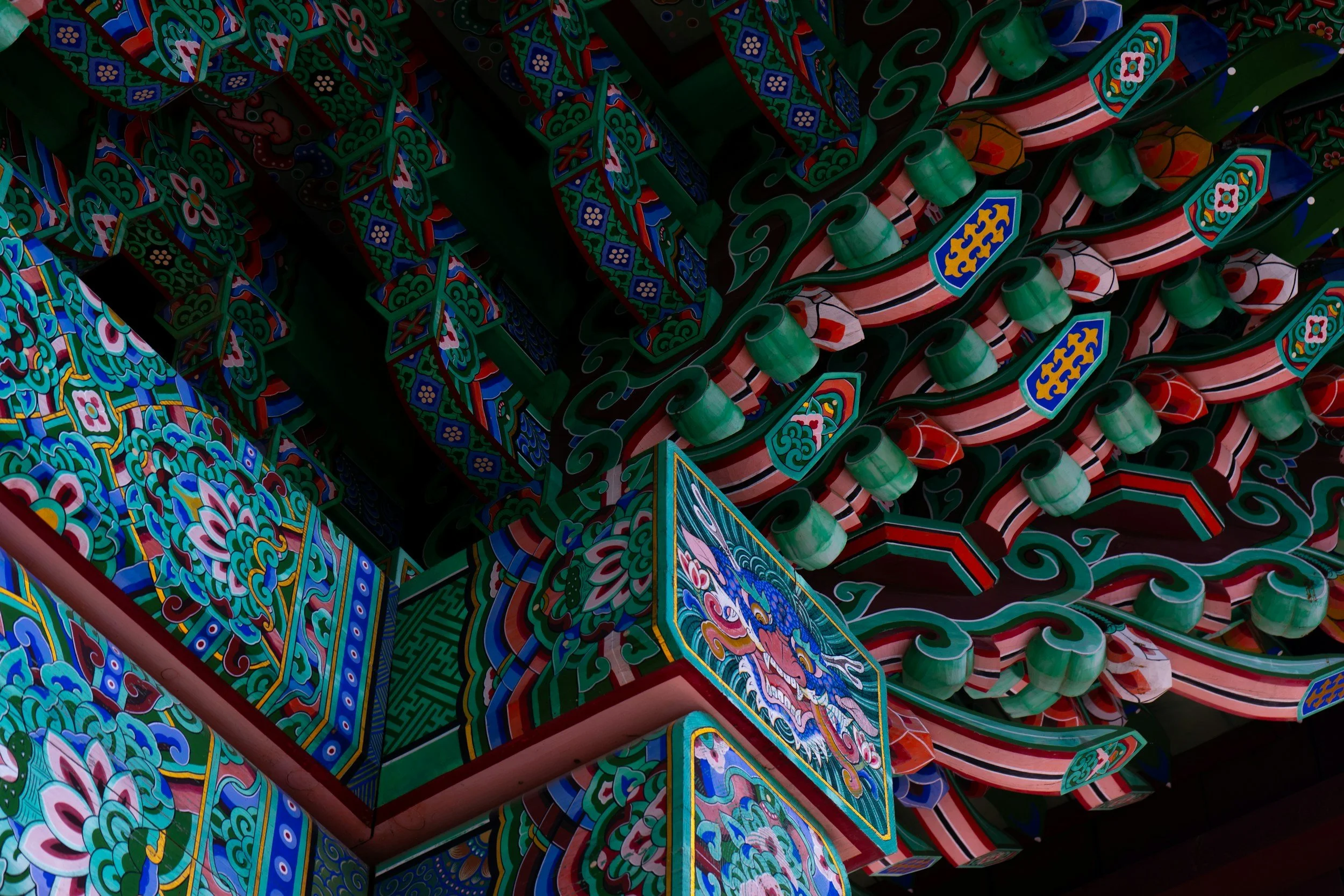
Program Overview
Navigating the future of the Korea-America relationship in a fracturing global landscape
Amid shifting global power dynamics and growing uncertainty, this year’s Korea–America Student Conference invites delegates to explore how the Korea–U.S. relationship can evolve and endure. From security and technology to culture and diplomacy, participants will examine how both nations can adapt to new challenges while strengthening the foundations of mutual trust.
📂 Application Opens: October 21, 2025
📁 Application Closes: December 31, 2025, at 11:59 p.m. ET
📆 Conference Dates: July 25 – August 12, 2026
📍 Sites: San Francisco, New Orleans, and Washington, D.C.
Each delegate joins a Roundtable (RT) — a small group focused on one theme related to Korea–U.S. relations. These groups meet throughout the conference to explore their topic through discussion, research, and collaboration. At the end, each group presents its findings at the Final Forum.
Roundtables are led by Executive Committee members and shaped by student perspectives. They combine academic learning with real-world relevance — perfect for students interested in international affairs, social change, or cross-cultural understanding.
Roundtables
-
Led by Gabrielle Drinkwine 🇺🇸
From K-pop and Hollywood to viral media and global art movements, culture has become one of the most powerful tools of diplomacy. Known as soft power, this influence stems not from force or finance, but from attraction — the ability of ideas, values, and creativity to inspire others.
In this roundtable, delegates will explore how cultural diplomacy operates through art, media, and pop culture, shaping how nations see one another. Both South Korea and the United States have long leveraged culture to build influence and understanding on the world stage — from the global reach of BTS and the Hallyu wave to the enduring impact of American film, music, and media.
Together, participants will examine how art and storytelling foster cross-cultural connection, spark curiosity, and strengthen the Korean–American relationship in ways that politics alone cannot.
-
Led by Bahar Hassantash 🇺🇸
The United States and South Korea share one of the most dynamic economic partnerships in the world—one built on trade, technology, and innovation. Yet as global priorities shift, both countries face new questions about how to balance cooperation with independence.
This roundtable explores how economic interdependence shapes the U.S.–Korea relationship today. Delegates will discuss how trade agreements like KORUS are evolving, how industries are responding to shifting supply chains, and how competition in emerging technologies—from semiconductors to clean energy—is redefining regional and global markets.
By studying real-world examples, participants will consider how business and policy leaders in both nations navigate uncertainty, pursue shared growth, and manage the tensions that come with being deeply connected economies.
-
Led by Marco Infosino 🇺🇸
Energy is the lifeline of a modern economy, shaping not only prosperity but also national security, environmental sustainability, and public health. This roundtable will explore how energy policy guides the production, distribution, and consumption of energy resources, and how collaboration between South Korea and the United States can influence regional and global outcomes.
Delegates will consider how the Korea–U.S. relationship can be strengthened through deeper cooperation on energy and nuclear issues. Discussions may focus on energy security, climate change, technological innovation, and the ethical implications of nuclear power. By approaching these topics through economic, political, and environmental lenses, participants will explore opportunities for joint leadership in building a sustainable and secure energy future.
-
Led by Hyein Kim 🇰🇷
As artificial intelligence (AI) reshapes how societies innovate, govern, and connect, the Korea–U.S. alliance enters a new era. Technology now plays a defining role in how the two nations build trust—linking innovation with shared responsibility and ethical progress.
From Silicon Valley’s startup culture to Washington, D.C.’s policy dialogues and Korea’s dynamic tech ecosystem, this roundtable explores how AI can strengthen cooperation across economic, ethical, and human dimensions. Delegates will engage in scenario-based discussions and site visits to examine how both nations can co-create frameworks for responsible innovation, secure data use, and democratic digital governance.
Together, participants will ask not just what technology can do—but how it can serve people, and how Korea and the United States can shape that future together.
Delegate Experiences
Meet the Executive Committee
Every year, the Korea-America Student Conference is planned and led by students — just like you.
The Executive Committee (EC) is a group of returning delegates from the U.S. and South Korea. They work together across time zones for months to shape the next conference — building the schedule, leading Roundtables, and coordinating logistics. During the program, they serve as on-site leaders and peer mentors.
KASC 19 is brought to life by this year’s dedicated student leaders:
-
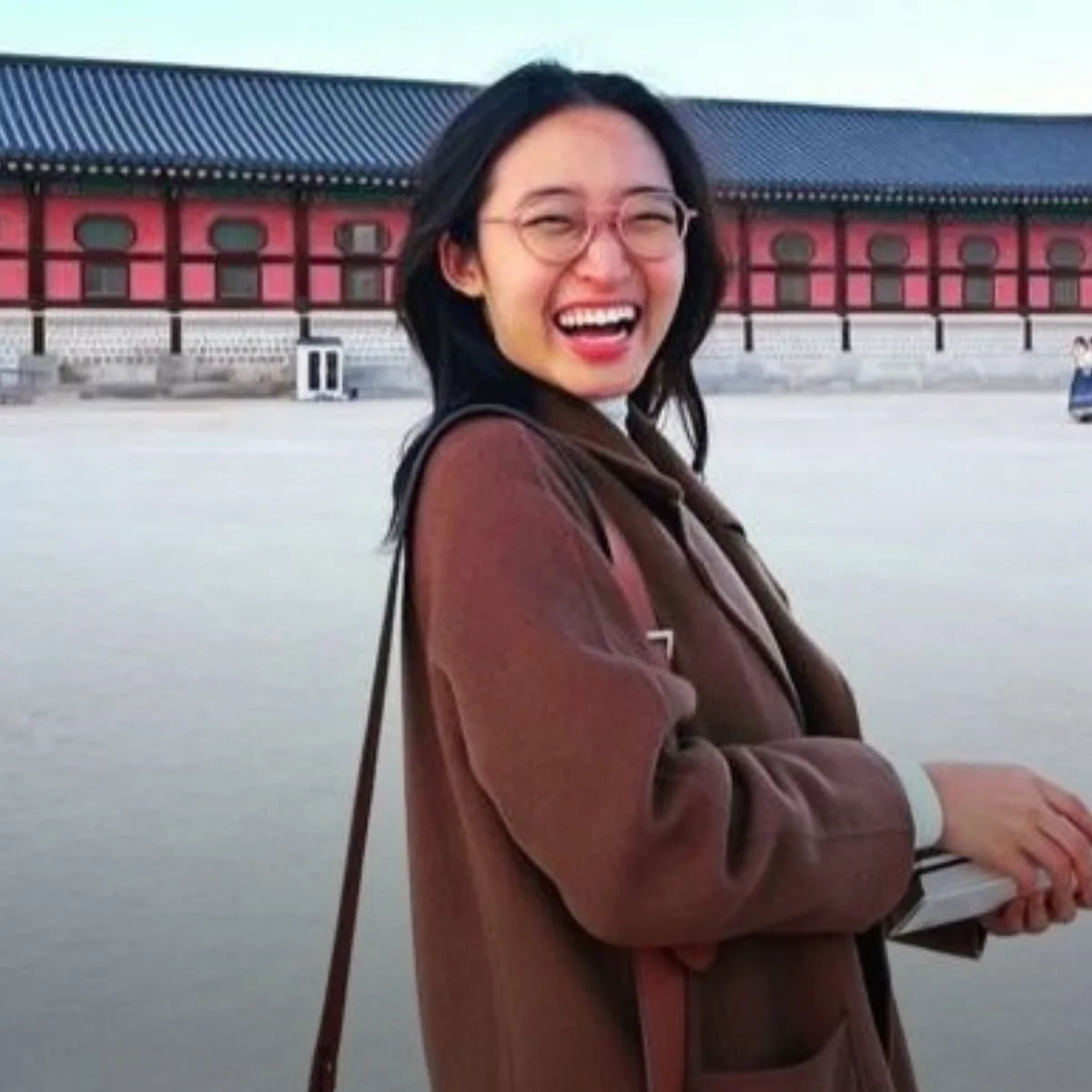
Hyein Kim
Chair & Korea Outreach Coordinator
Taejae University
-

Bahar Hassantash
Marketing & Recruitment Chair
Georgetown University
-

Marco Infosino
Treasurer & Information Chair
Middlebury College
-

Gabrielle Drinkwine
Recruitment & Programing Chair
American University
How to Apply
Eligibility
Open to undergraduate and graduate students who are 18+ years old at the time of the conference.
Must be enrolled at an accredited university either during the application period or in the fall semester after the program concludes.
All majors and fields of study are welcome
English proficiency is required (Korean is not required)
What You’ll Need
– Complete online application
– Unofficial University transcript
– $20 application fee or waiver code
– Optional: Resume or CV, One letter of recommendation, English Certificate
Deadlines
Application Period
Opens: October 21, 2025
Closes: December 31, 2025, at 11:59 p.m. ET
Timeline & Process
After you apply, you may be invited to a short virtual interview within two weeks
Final decisions will be announced in mid-to-late January
If accepted, you’ll be asked to submit a $500 deposit to confirm your spot
Need Help?
Download the Applicant Guide (PDF) for more details.
Have questions? Email KASC@iscdc.org or message us on Instagram @KASC_usofficial.
Info Sessions
Join an online info session to learn more about KASC before you apply:
2025년 11월 12일 (화) 오전 10시 (KST)
[등록하기 →]
Monday, November 17 @ 8 p.m. ET
Monday, December 1 @ 7:30 p.m. ET
Cost & Scholarships
Participation Fee:
Domestic Delegates $2,500 International Delegates $3,000
Thanks to our generous supporters, every accepted delegate automatically receives a scholarship of over $4,000 — bringing the participation fee down from $7,000+ to $3,000.
Your participation fee covers:
What’s not included:
We’re committed to making KASC financially accessible. Each year, 30–50% of delegates receive full or partial funding through ISC’s Plant a Diplomatic Tree Scholarship, from their universities, or from our generous partners. Our Executive Committee is here to support you in securing the resources you need.
Start by visiting our scholarships page for tips to fund your conference. Still have questions? Reach out to the ISC office at info@iscdc.org or contact the KASC Executive Committee directly at KASC@iscdc.org. We’re here to help.
Frequently Asked Questions
-
Yes. The official language of the Conference is English. You do not need Korean language skills to participate.
-
Yes. All university students, including graduate students, are eligible to apply as long as they are enrolled at the time of application.
-
Yes. As long as you are enrolled at the time you apply, you are eligible—even if you will graduate before the conference begins.
-
Yes. If you are studying at a U.S. university on a one-year exchange and have a valid visa, you are eligible.
-
Yes. Returning delegates may apply to attend again or apply to a different ISC conference.
-
Yes. You are welcome to apply again.
-
Yes. You can apply as long as you meet the following criteria for the full program dates: have a valid visa that allows you to travel to and from the host country for that year (the Republic of Korea or the United States), be from a country that does not require a visa, already reside in the country the program takes place in, or are willing to apply and pay for any necessary visas needed for travel.
Please note that ISC cannot sponsor visas, but can write you a letter of support for your application. If you have questions about your visa, contact ISC and your country’s consulate or embassy.
-
After the deadline, selected applicants will be invited to a short virtual interview. Final decisions are typically shared within 1 month of the interview or by early March.
-
Please contact the KASC Executive Committee at kasc@iscdc.org.
-
Yes. ISC offers need-based scholarships to selected delegates. The Plant a Diplomatic Tree Scholarship fully covers the participation fee for one delegate per conference.
Most delegates receive partial or full funding through ISC, their universities, or partner organizations. Visit our scholarships page to learn more
-
Yes. ISC is committed to creating an inclusive and welcoming experience for all participants. If you have any accessibility needs—such as accessible housing, sign language interpretation, or other accommodations—please reach out to us at info@iscdc.org as early as possible so we can work together to support your full participation.
-
Most students do not need a visa for short-term travel to South Korea or the United States. However, you are responsible for checking the entry requirements for your nationality for the country the program is taking place in if you do not currently live there.
For travel to South Korea, many travelers will need to complete the Korea Electronic Travel Authorization (K-ETA) before arrival.
For travel to the United States, Korean citizens will need to complete the Electronic System for Travel Authorization (ESTA) before arrival.
ISC will provide guidance and reminders, but you are responsible for securing any required travel documents. ISC cannot sponsor visas.
-
No. All delegates must attend the full program. If you are accepted, you are expected to participate from start to finish.
-
ISC provides group travel health insurance that covers medical for the full program period abroad. All delegates must have their own health insurance in their country of residence. If you would like additional travel insurance coverage, you may purchase it separately.
-
A full packing list will be provided after acceptance. It will include dress codes, tech needs, and cultural etiquette tips.
-
ISC does not currently offer credit, but some universities allow independent study or internship credit. Ask your advisor. If your school offers academic credit, ISC will work with you to provide the necessary paperwork.
-
Yes, reliable internet will be available at all housing and most venues. ISC will provide SIM cards or a stipend to cover mobile data plans.
-
Let us know in your application. We will work to accommodate all needs.
-
Delegates will have some free time built into the schedule, but most days are full. Weekends or evenings may include optional social or cultural activities.
